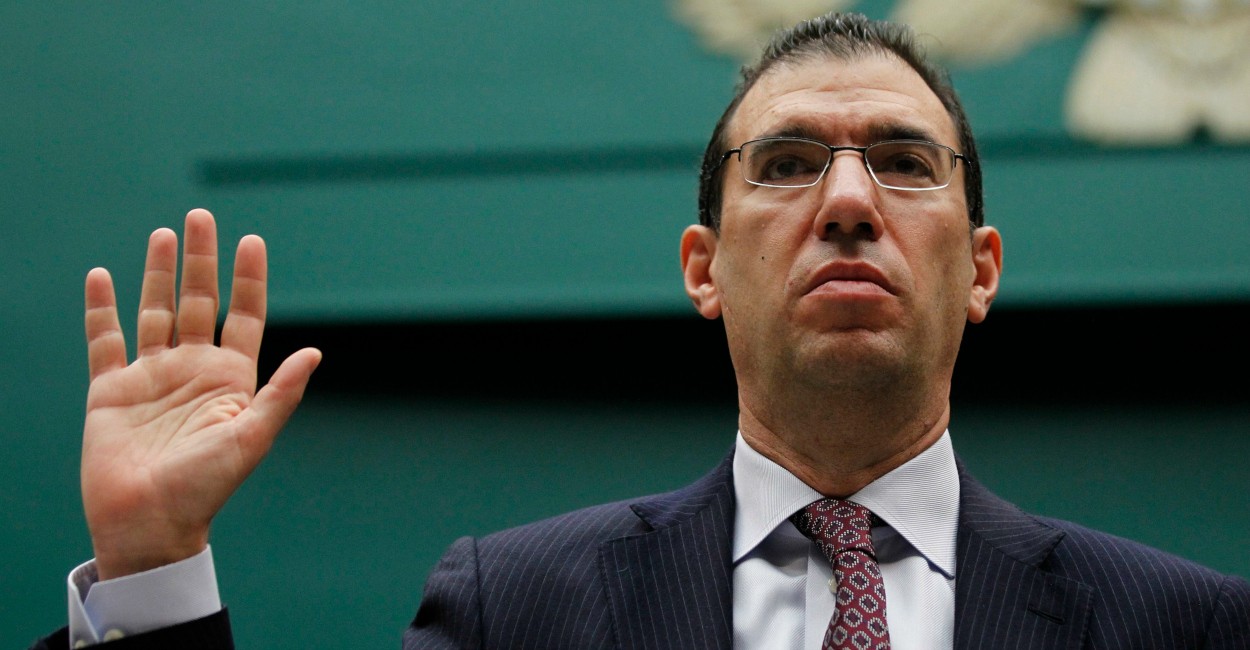
Federal officials refuse to identify the troubled Obamacare health co-ops that the Centers for Medicare and Medicaid Services has placed in a special risk category requiring “enhanced oversight” due to low profitability or low enrollment.
Last week the inspector general for the Department of Health and Human Services revealed that 22 of the 23 non-profit co-ops suffered net operating losses last year and that six were so distressed CMS said they were the subject to extra “enhanced oversight.”
CMS spokesman Aaron Albright, however, refused to divulge the names of the struggling taxpayer-supported co-ops.
He suggested The Daily Caller News Foundation file a Freedom of Information Act request. It’s not uncommon for responses to FOIA requests to take months or even years to be processed by federal departments and agencies.
The secrecy surrounding the identity of the six ailing co-ops is not sitting well with government watchdog groups.
“Taxpayers deserve to know when any sort of taxpayer-funded entity is failing,” said David Williams, president of the Taxpayer Protection Alliance. “Taxpayers need to know the success or failure of those co-ops. We have to name names.”
“Certainly, the government should be identifying co-ops that are at risk,” noted Scott Amey, the general counsel for the non-partisan Project on Government Oversight. “The government seems to be just trying to bury its head in the sand.”
Department of Health and Human Services IG Daniel Levinson was the first to report that six co-ops were in a special risk category within CMS.
“CMS recently placed four CO-OPs on enhanced oversight or corrective action plans and two CO-OPs on low-enrollment warning notifications,” he revealed in his July 30 report.
Levinson further criticized CMS officials, noting that the Obamacare program was now in its third year of existence, yet, “CMS had not established guidelines or criteria to assess whether a CO-OP was viable or sustainable.”
Levinson painted a dismal national picture of the Obamacare health co-ops, noting they were suffering from cash shortages and that their enrollment numbers were “considerably lower than the CO-OPs’ initial annual projections.”
Sparse enrollments could imperil most of the non-profit co-ops that were originally designed to compete with traditional health insurance companies.
“The low enrollments and net losses might limit the ability of some CO-OPs to repay startup and solvency loans and to remain viable and sustainable,” Levinson said.
About $2 billion have been issued in start-up and solvency loans under Obamacare.
Rating agency Standard and Poor’s last February identified 10 co-ops that failed to enroll 6,000 or fewer customers through the third quarter of last year.
Those low enrollment co-ops are operating in Illinois, Massachusetts, Ohio, Connecticut, Arizona, Tennessee, Michigan, Maryland and two in Oregon.
In that report, S&P optimistically claimed that one co-op, operating in Iowa and Nebraska, called Co-Opportunity Health, had enrolled 91,000 customers.
But Co-Opportunity abruptly closed its doors last December and by February the state had liquidated it.
At the time, the Iowa co-op suffered $163 million in operating losses, according to the Iowa insurance commissioner. CMS originally awarded $145 million under Obamacare.
Likewise, S&P also reported that the Louisiana Health CO-OP had successfully enrolled 11,771 customers.
But last month the co-op announced it was shuttering its doors by the end of the year. CMS had loaned that co-op $66 million.
Similar to the experiences reported in Iowa and Louisiana, most of the non-profit health co-ops have been burning through their federal loans at an alarming rate, according to financial reporting agencies.
Insurance ratings firm A.M. Best warned in January that as of Sept. 30, 2014, “the ratio of surplus notes outstanding to capital and surplus exceeded 100% for all of the co-ops.”
A Standard & Poor’s Report on the co-ops reported that the worst performing co-ops that were burning through their existing capital were in Illinois, Arizona, Colorado, Nevada and Maryland.
Thomas Miller of the American Enterprise Institute and Grace-Marie Turner, the president of the free market Galen Institute reported that net losses for all the co-ops amounted to $614 million in 2014.
Last year CMS announced that it was replenishing some co-op cash with emergency “solvency loans.”
Five Obamacare health insurance co-ops in Connecticut, Kentucky, Maine, New York and Wisconsin received solvency loans in 2014 amounting to $322 million.




